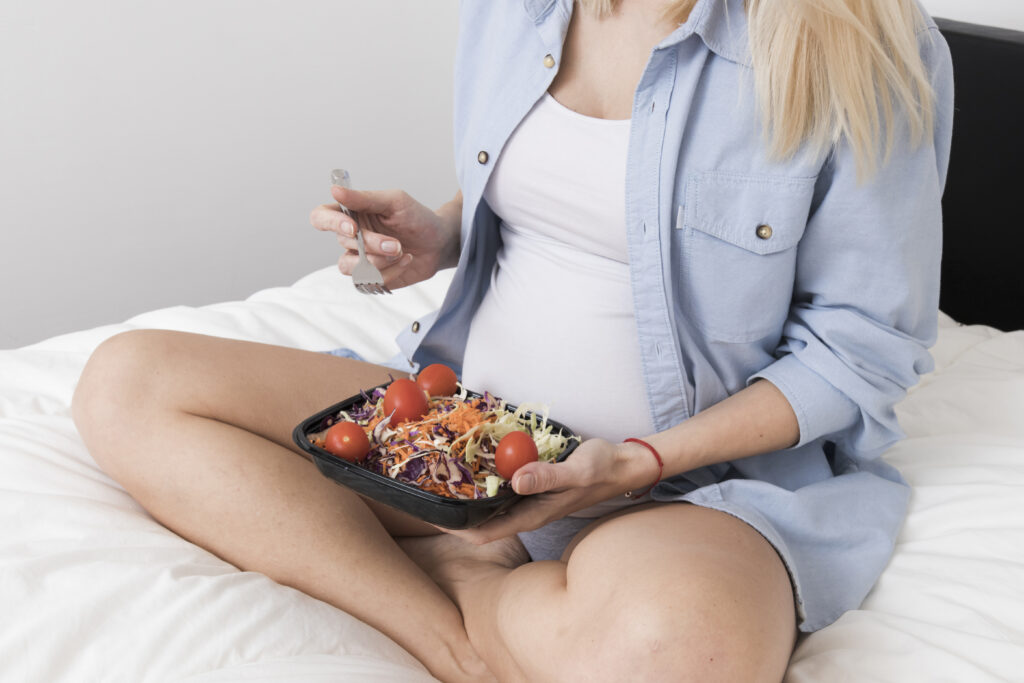
Congratulations on your new journey into motherhood! As your body creates a tiny miracle, you might experience a whole range of pregnancy symptoms. One particularly common symptom, especially in the first trimester, is an increased appetite. You might find yourself constantly hungry, reaching for snacks more often, and even experiencing intense pregnancy cravings.
Here’s a breakdown to help you navigate this hungry phase:
- Early Pregnancy Symptoms and Hunger: Fluctuations in hormones like human chorionic gonadotropin (hCG) can trigger increased hunger as early as the first month of pregnancy. This is your body’s way of ensuring it has enough energy to support the rapid growth of your baby.
- First Trimester Hunger and Nausea: Morning sickness, another frequent first trimester symptom, can sometimes lead to food aversions. This can make it challenging to eat enough, even though you feel hungry.
- Second Trimester and Hunger: The second trimester often brings relief from morning sickness, and your appetite may truly take flight. This is because your baby is growing rapidly, requiring more nutrients.

Tips for Managing Pregnancy Hunger:
- Eat Small, Frequent Meals: Instead of three large meals, opt for smaller, more frequent portions throughout the day. This keeps your blood sugar levels stable and prevents those gnawing hunger pangs.
- Focus on Nutrient-Rich Foods: While indulging in cravings is okay occasionally, prioritize whole foods packed with essential vitamins and minerals for you and your baby. Think fruits, vegetables, whole grains, and lean proteins.
- Foods to Fight Nausea: If nausea is making it hard to eat, certain foods can help. Ginger, bland crackers, and yogurt are known to settle stomachs.
- Hydration is Key: Feeling dehydrated can sometimes mimic hunger pangs. Make sure you’re drinking plenty of water throughout the day.
Product Recommendations:
- Snack Packs: Pre-portioned packs of nuts, fruits, or veggie sticks can be lifesavers when hunger strikes.
- Water Bottle with Time Markers: Staying hydrated is crucial, and a water bottle with time markers can help you keep track of your intake.
- Pregnancy Multivitamin: Consult your doctor about a prenatal vitamin to ensure you’re getting all the essential nutrients.
Final Thoughts:
Increased hunger during pregnancy is a natural and positive sign. By listening to your body’s cues and making healthy choices, you can nourish yourself and your developing baby. Remember, every pregnancy is unique. If you have any concerns about your appetite or other pregnancy symptoms, always consult your doctor.
So, are you feeling extra hungry these days? Embrace it as a sign of your incredible journey into motherhood!

